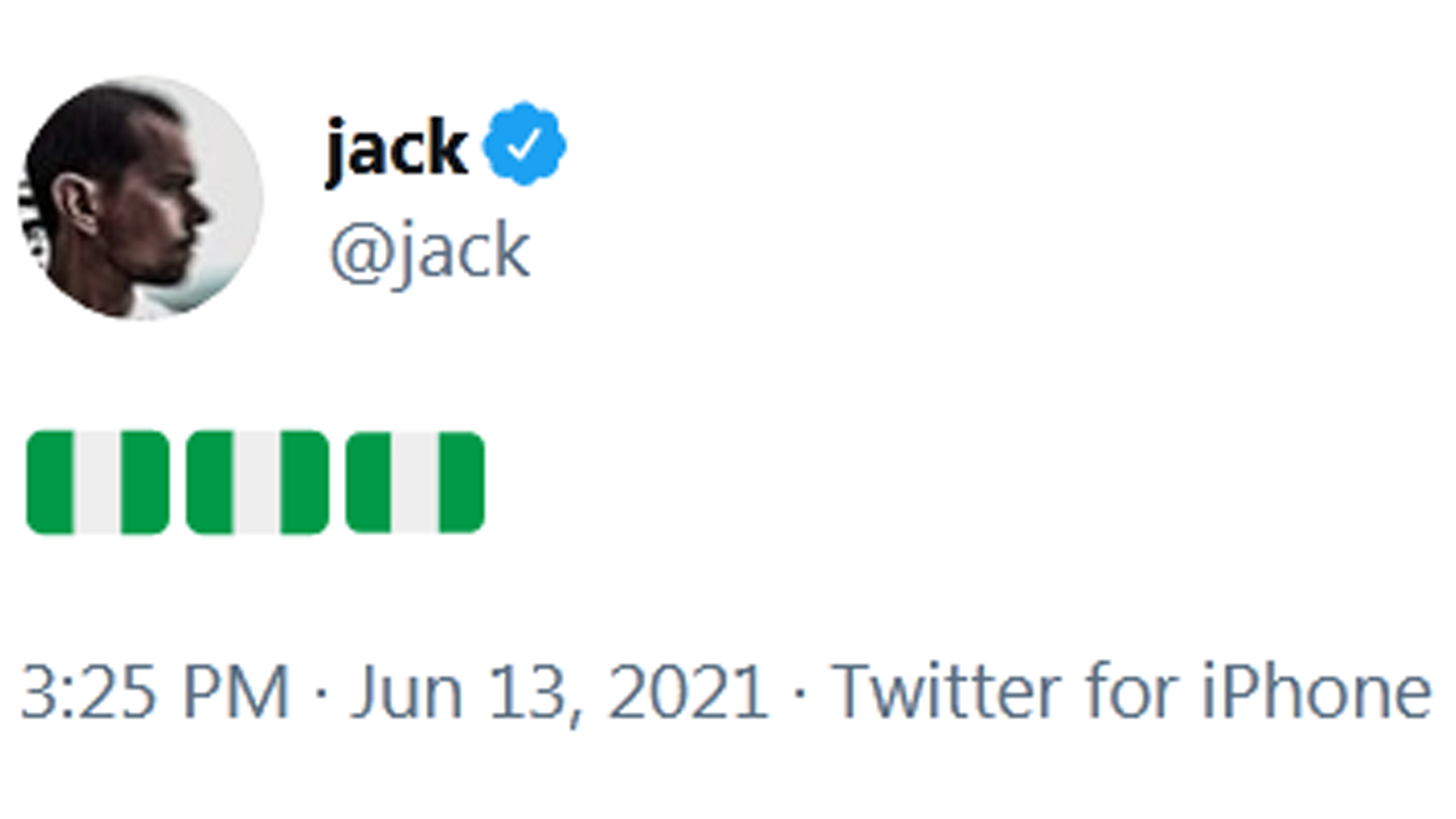Twitter has been a darling of the Nigerian political class for years, particularly with the young Nigerian activists known as “children of anger.” But political tensions have long threatened the freewheeling openness of Nigerian Twitter. Tensions came to a head on 2nd June, when Twitter management deleted what is perceived to have been a genocidal statement from President Muhammadu Buhari’s account; the deleted tweet was a veiled threat against pro-Biafra secessionist groups, “to treat them in the language they understand.” The government retaliated against this deletion by banning the platform throughout the country; on 5th June, Nigeria woke up to Twitter silence, where we remain.
The government’s ban was condemned by the international community as a violation of fundamental human rights. It’s a blow, too, to Nigeria’s sagging economy, as international investors look to more stable countries with better chances for economic growth. Recently, Twitter itself moved its offices to Nigeria’s biggest rival economy, Ghana.
The irony is that the Nigerian president likely owes his own election to Twitter.
In 2015, a number of Nigerian Twitter stars were recruited into the service of the All Progressive Congress, the president’s party. They campaigned aggressively for Buhari on the platform, and cooked up scandalous tales to smear and shame then-President Goodluck Jonathan out of office. The power of Twitter was ignited, illuminating Buhari as the new messiah, and when he won the election, he set up a unit of the government specifically charged with burnishing the President’s image on the platform. The Buhari government built a Twitter propaganda machine across the Nigerian ethnic brocade, an army of activists, paid or otherwise, ever ready to take up arms against any anti-Buhari post. Their activities suggested the character of a cult, in which Buhari was perpetually hailed as the messiah of Nigeria’s limp democracy. They characterized him as a reformed democrat, a changed persona from the military ruler of 1983-4, a period his supporters have tried to whitewash as a period free from political corruption. History has proven otherwise.
So why the failed romance? The #EndSARS protests of Nigerian youth against police brutality, which were actively organized on Twitter, suggested that a divorce between the Nigerian government and the platform would not be long in coming (even as the protests were crushed by the government, most infamously in the Lekki Gate massacre). But protesters against governmental ineptitude, against the failing economy, were still capitalizing on the virality of Twitter, adapting and building strength for new movements such as anti-racism. Citizens had come to perceive Twitter as the most effective space to air their cries. Predictably the government began to take a more oppressive tone. It emerged that a member of the Nigerian legislature had sponsored a bill to regulate the use of social media in Nigeria, an obvious move against fundamental speech rights.
Thus, the final straw that broke the camel’s spine was the government’s apparent perception of Twitter as a propaganda powerhouse against the current president.
The presidential Twitter handle has long disabled comments, giving this official account the social character of military communications, in which the masses are made passive. In this atmosphere, one can’t help doubting the commitment to democracy that the government has always claimed.
In the current moment of political unrest, Nigerians worry that the ban on Twitter is meant as a distraction from the colossal economic and social fallout of a disastrous year, as the global economy continues to reel from the pandemic. It is also a big concern whether Nigeria can be considered a democracy at all, when ministers and leaders can make autocratic decisions and face no accountability. The present political framework is a make-believe of separation of powers, in which for example a former governor may retire to the senate, where he is likely to serve a lifetime; the rule of law is also a mirage in a country where the judiciary is not independent, and “justice” is handed out to those with the most economic power. We are in a deaf republic, headed by a president who remains oblivious to the plight of his fellow citizens, who is surrounded by political elites whose cochlear nerves likewise fail the moment they take office.
Instead of this deliberate, aggressive deafness against public outcry, the government could have established Twitter as a space for vital public interaction, where the government could receive useful feedback on its policies and projects. But in Nigeria today, political grievances, inside the digital space and out, are greeted instead with predictable and increasing autocratic violence from the apparatus of the state. It’s a situation that spells trouble for the president’s attempted resurrection as a democrat who can bail Nigeria out from its plummeting economic woes.






